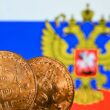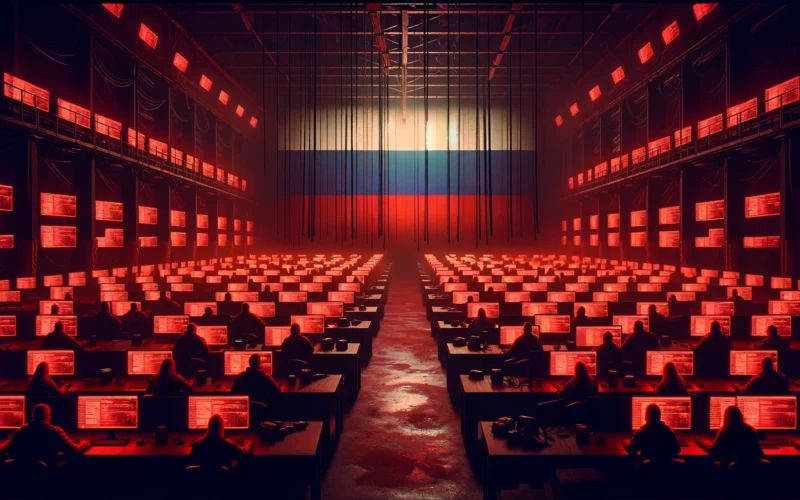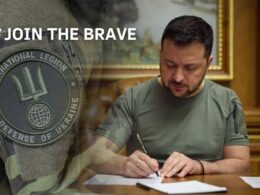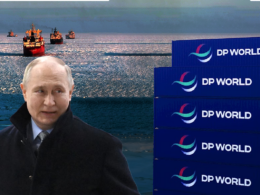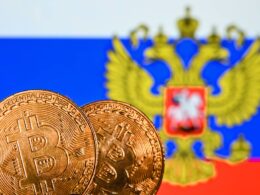Russian disinformation is gaining more and more momentum. In a new article by Financial Times, Ralf Beste, Head of the Department for culture and communication at Germany’s Federal Foreign Office, states Russian disinformation campaigns are currentyly aimed at undermining support for Ukraine in Europe. His main observation is that these campaigns have significantly escalated in scale, skill, and its covert nature.
Beste emphasized the seriousness of this threat because of the overall increase in the sophistication and impact of Russia’s tactics compared to previous instances. He highlighted Russia’s adoption of more subtle and more plausible messaging combined with automation to enhance the effectiveness and resilience of its disruptive activities.
Moreover, Beste pointed out the challenges posed by the proliferation of private conversations on platforms like Telegram and WhatsApp, making it increasingly difficult to monitor and comprehend the extent of these operations.
To address these concerns, Beste’s department leads the German government’s efforts to track and counter Russia’s information operations abroad.
Germany has become a primary target for Russian disinformation campaigns regarding the conflict in Ukraine. Under Chancellor Olaf Scholz’s administration, Berlin has significantly revised its security and defense policies, emerging as the second-largest donor of military aid to Kyiv after Washington.
However, internal disagreements in Germany persist, particularly within Scholz’s Social Democratic Party, reflecting concerns over economic growth and the repercussions of reducing dependence on Russian gas supplies.
Beste emphasized that the Russians exploit these divisions, seeking to magnify doubts and unease within German society.
This year, his department uncovered one of the most significant Russian attempts to manipulate German public opinion yet, occurring on the social media platform X. A network comprising over 50,000 fake accounts, generating up to 200,000 posts daily, aimed to persuade Germans that government support for Ukraine jeopardized German prosperity and escalated the risk of nuclear war.
The aforementioned network attempted to legitimize these claims by mimicking opinions from reputable news outlets like Der Spiegel and Süddeutsche Zeitung. Additionally, it sought to amplify existing anti-Ukrainian sentiments, presenting them as more pervasive than they actually were.
Recently, the Czech government, in collaboration with other European states, accused fugitive pro-Russian oligarch of Ukrainian origin Viktor Medvedchuk of clandestinely fostering an influence network among European politicians to propagate pro-Russian narratives and undermine support for Kyiv.
Countering such endeavors is challenging, Beste points out, underscoring the evolution of Russian tactics beyond the era of “troll farms,” which relied on real individuals to sow dissent often in a crude and conspicuous manner”.
Beste emphasized that the current landscape transcends mere truth or falsehood; it involves shaping opinions, influencing debates, and altering perceptions of reality.
He compared the techniques employed to “nudging,” drawing from behavioral science concepts that utilize subtle social and informational cues to sway opinions or behaviors. By subtly distorting elements of reality, these campaigns aim to create alternative impressions and steer public discourse in desired directions.
Attempting to refute such campaigns presents challenges due to the inherent difficulty in falsifying their core elements, while engaging with them can inadvertently lend credibility to the claims.
The emergence of artificial intelligence tools further complicates matters, as they possess the capability to replicate human behavior.
“AI is undoubtedly a significant concern that demands close monitoring,” remarked Beste. “My apprehension lies in its potential to fabricate interactive experiences… You enter a virtual realm where not only information or media are fabricated, but an entire alternative information ecosystem is constructed”, Beste concluded.


